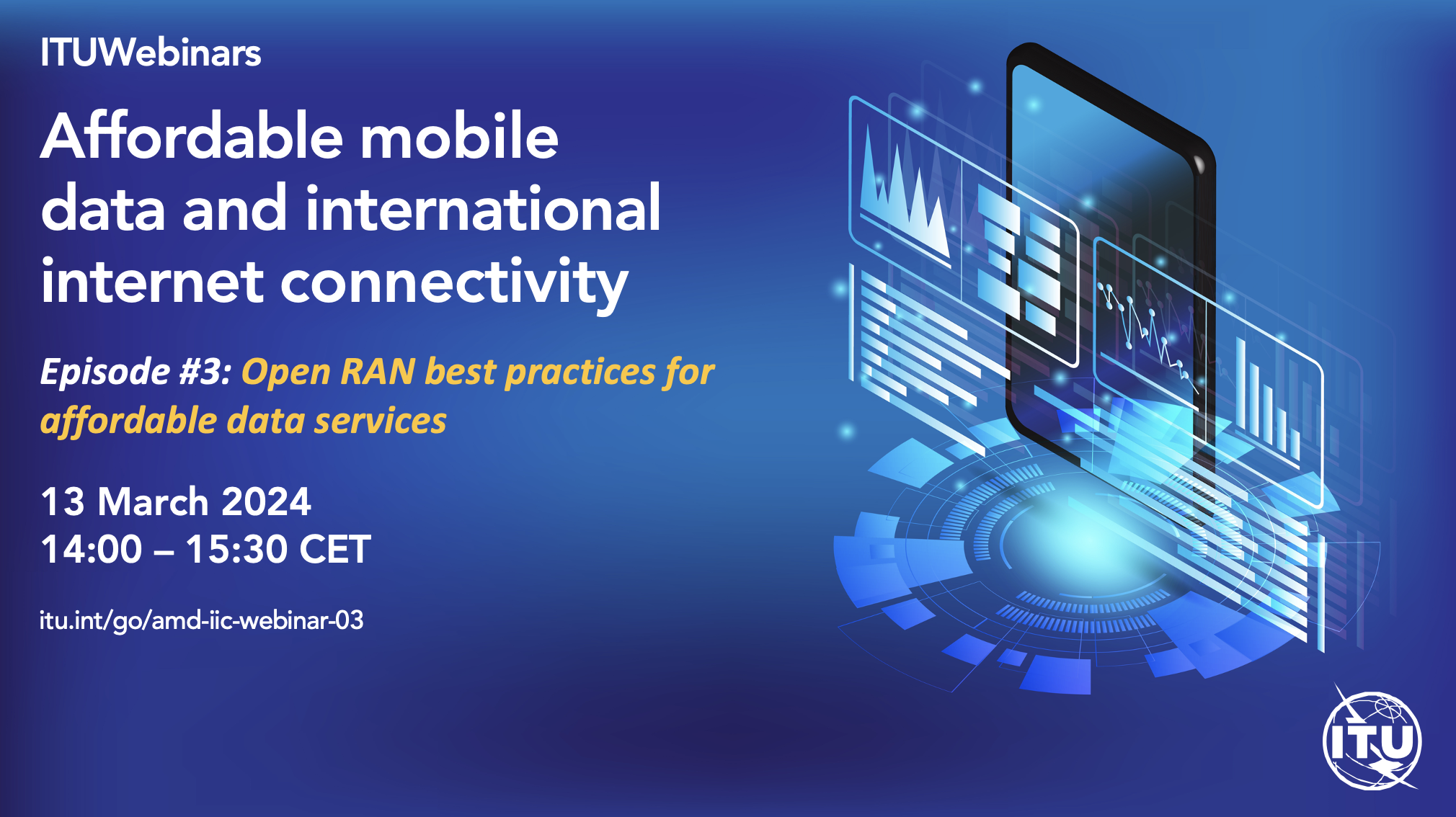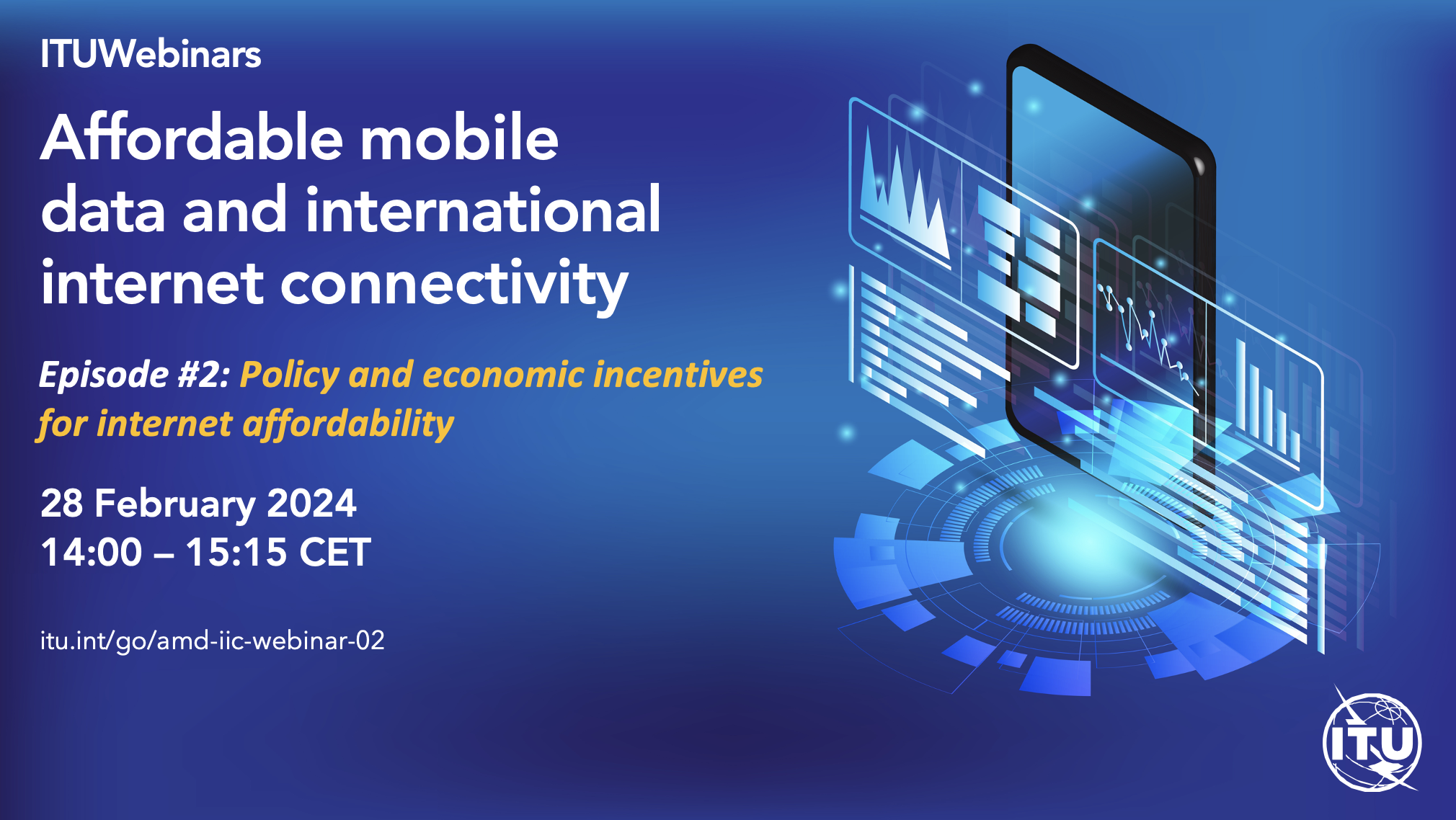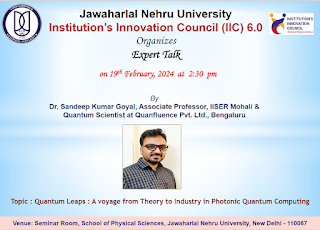Globelics-IndiaLICS International Conference on Innovation Systems in Transforming India: Context, Concerns and Strategy
September 20-21, 2024 (Friday-Saturday)
Hosts: KIIT Bhubaneswar & Bhubaneswar City Knowledge Innovation Cluster, Odisha, India
Venue: Kalinga Institute of Industrial Technology (KIIT), Bhubaneswar, Odisha, India
Call for Papers & Research Proposals Indian growth story is world-wide discussed and is being recognized as a 'bright spot' in the world economy and a key contributor to global growth in coming years. However, there are grand challenges India must overcome to transition from a low middle income country to an advanced economy. Innovation and technological progress have played a significant role in this transition of the various industrial advanced and newly industrialized economies of the world. Increasing realizations over perspectives and role of innovations – including but beyond the technological – in impacting economies and societies at the macro, policies to address broad issues on innovation, aspects of local and sub-national dynamics are yet to receive due attention, especially in the absence of comprehensive statistics on innovation and related dimensions. Further, innovation potential of subsectors, regions, and resources (both physical and knowledge-based) has been poorly articulated as we have limited understanding of interrelationships between diverse stakeholders of science, social-economy and democracy. A common concern is 'over innovative governance' of access and use of resources (particularly, natural) to ensure broad basing of sustainable production, consumption and conservation. It also calls for looking more closely at the various successful initiatives that have led to emergence of new models and actors such as innovation clusters, TBIs, Startups and whether they have been able to bring a more inclusive governance framework.
IndiaLICS is the India chapter of Globelics, an international network of scholars who apply the concept of Learning, Innovation and Competence building System (LICS) as a framework for promoting inclusive and sustainable development in developing countries, emerging economies, and societies in transition. IndiaLICS engages in and pro-actively promotes domestic and global exchange of scholarship in innovation systems and the translation of innovation to development outcomes. It organizes seminars/conferences and undertakes capacity building activities as well as research with academics, policy makers, entrepreneurs and workers. For details, please visit:
www.indialics.orgThe Conference aims to be multidisciplinary in its approach by including scholars, practitioners, policy makers and development/civil society organizations. It would also showcase startups across various sectors and regions including from the rural economy. Although the focus is on India, lessons from other developing and developed countries shall be discussed in a comparative perspective. Papers shall be invited for presentation at the Conference and peer reviewed before acceptance. The Conference also invites papers on case studies of innovation clusters, technology business incubators, startups, etc. The Conference intends to bring out edited books through reputed publishers and special journal issues from selected papers presented.
Pertinent/Suggestive Themes by Broad Intersectional Categories:
- National Level:
- Innovation system in comparative perspective
- Innovation, trade and development
- Comprehensive database and indicators of innovation
- Industry 4.0 technologies and Indian Innovation system
- IPRs, standards & regulations
- Foresights and futures for technology
- Skills, knowledge and learning – gaps and solutions
- Innovation activity and firm size in the context of changing technology regimes and market structures
- Innovation and entrepreneurship in universities
- Regional/Sub-national Level:
- Global production networks and governance of value chains
- Enterprise-academia-state-society interlinkages
- State and STI
- Regional Innovation system of India - assessment and challenges
- Regional Innovation clusters
- Sectoral/Sub-sectoral Level:
- Skills, knowledge gaps in traditional and modern sectors
- Innovations in agriculture, forestry, livestock and fisheries
- Informal sector and innovation (both rural and urban contexts)
- Innovation in services and business model innovation
- Innovations in social sectors (education, health and water)
- Overarching Concerns:
- Science, technology and innovation links
- Climate change and protecting the environment.
- Gender and innovation
- Inclusive and responsible innovation
- Grassroot innovation
- Frugal innovation and public policy
- Creating and scaling deep tech startups
These are indicative themes only. Papers beyond these themes shall also be considered. Around 50-60 research papers are expected to be shortlisted for the Conference presentation. Certificates of participation shall be presented. The host institution shall take care of travel, boarding and conference organization as per the availability of financial support. The participants are encouraged to search for financial support from their own institutional or other funding agencies.
Important Dates:- Submission of extended abstracts or research proposals by June 15, 2024 (Full paper is preferred).
- Information on acceptance/rejection of abstracts/proposals by June 25, 2024.
- Submission of full papers by July 10, 2024.
- Conference dates: September 20-21, 2024.
Format for Extended Abstract/Research Proposal:
The abstract/proposal (around 1000 words) must be new (neither published nor being submitted/considered for publication elsewhere) and should preferably be organised around the following subsections: (a) Central concerns (b) Methodology/Approach (c) Main findings (d) Policy implications (e) Originality/Value (f) Keywords (up to 5). Papers by young scholars are particularly encouraged.
Communications: All submissions and correspondences must be emailed to: indialics.kiit[@]
gmail.com. Contact person: Keshab Das (Mobile: 94275 27884. Email: keshabdas[@]
gmail.com)






